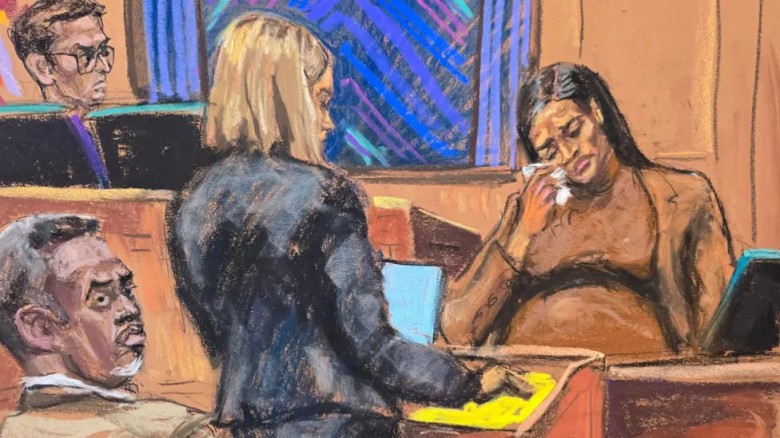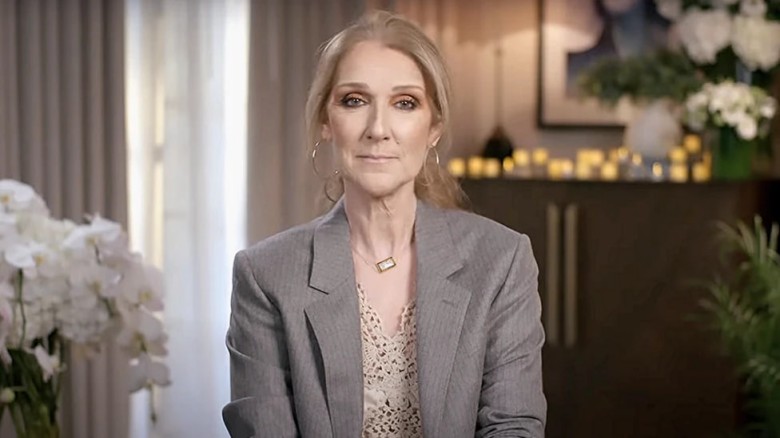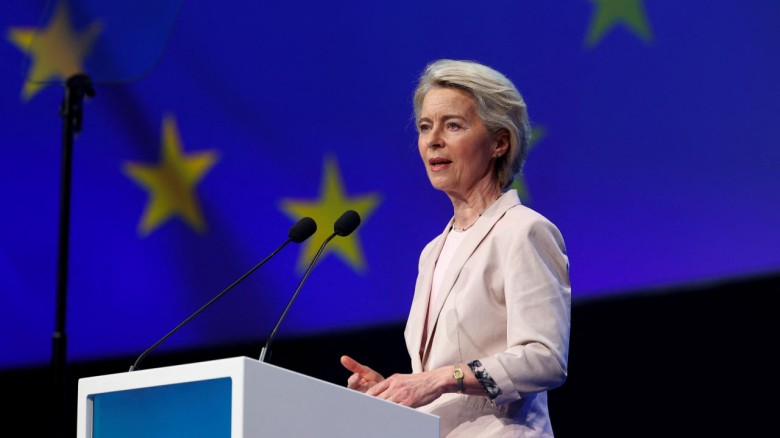EU Court Rules Commission Wrong to Withhold von der Leyen–Pfizer Texts
The European Commission acted improperly in refusing to release text messages between its president and Pfizer's CEO during key COVID-19 vaccine negotiations, the EU's top court has ruled.The European Union’s General Court has ruled that the European Commission was wrong to withhold text messages exchanged between Commission President Ursula von der Leyen and Pfizer CEO Albert Bourla during crucial COVID-19 vaccine negotiations.
The ruling stems from a 2021 Freedom of Information request by investigative journalist Alexander Fanta, seeking access to messages exchanged between January 2021 and May 2022. These communications took place during negotiations that led to multi-billion-euro contracts, including an agreement for an additional 1.8 billion vaccine doses. The European Commission claimed at the time that it did not have the messages in its possession.
The court determined that the Commission failed to provide a credible explanation for its refusal to release the texts, and had relied on vague or inconsistent reasoning. It ruled that once the presumption of non-existence was challenged, the burden was on the Commission to prove the messages did not exist or had not been retained.
The Commission did not clarify whether the messages were deleted, lost due to a phone change, or otherwise inaccessible—leaving a gap in transparency around one of the EU’s most significant public health negotiations. The case has fueled growing scrutiny and has become known in Brussels as “Pfizergate.”
Transparency International called the court’s decision a "landmark victory for transparency in the EU," urging it to spur reforms in how the EU institutions handle public access to digital communications.
Under the EU’s transparency rules, all officials—including the president—are required to preserve records of official communication. However, SMS messages exist in a legal grey area and are not routinely archived.
The controversy first came to light in April 2021 after journalist Matina Stevis of The New York Times reported that von der Leyen had conducted direct negotiations with Bourla via text, following regulatory approval of the Pfizer-BioNTech vaccine. After the Commission refused to release the messages, Stevis and The New York Times took the case to court.
The court’s decision is seen as a blow to von der Leyen’s credibility, as she begins her second five-year term leading the Commission. Her central role in vaccine procurement, once seen as a political success, is now clouded by concerns over transparency.
The Commission responded by saying it would study the ruling carefully and evaluate its next steps. It maintained, however, that transparency has “always been of paramount importance.”









































































Leave A Comment